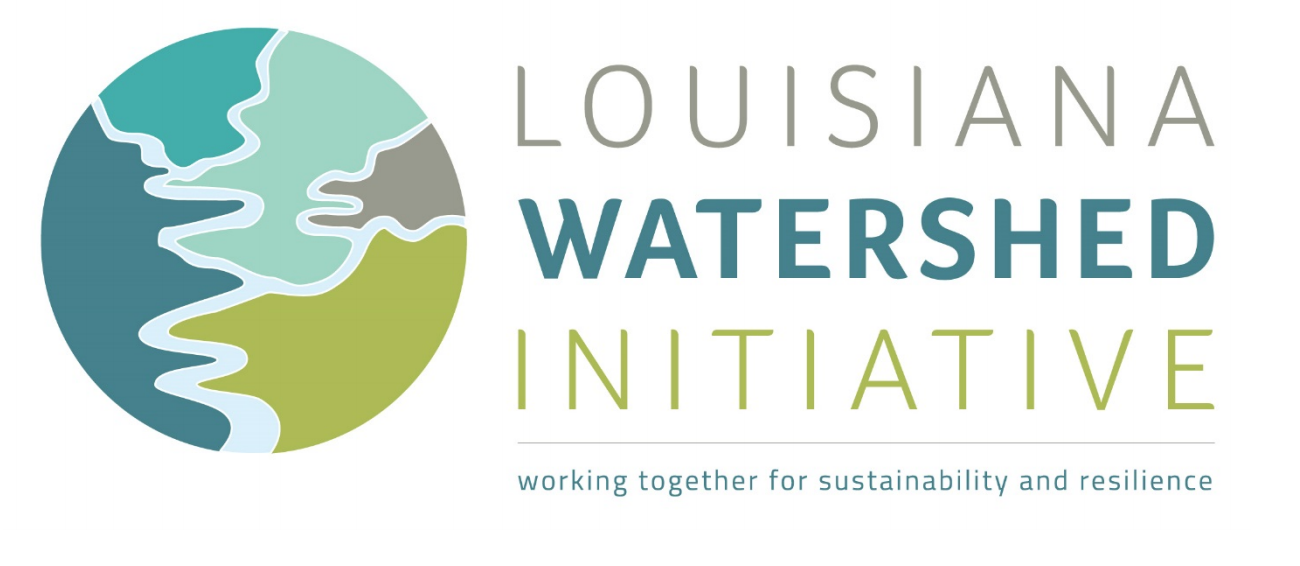The Louisiana Watershed Initiative will kick off 2019 with the year's first meeting of the Council of Watershed Management on
Wednesday, January 30, 2019
1:00 PM
House Committee Room 3
Louisiana State Capitol
900 North 3rd Street
Baton Rouge, Louisiana
If you need further information, please call
Lori Dupont (225) 342-1626

The Louisiana Watershed Initiative grew out of an executive order Louisiana Governor John Bel Edwards issued last spring establishing the Louisiana Watershed –Based Floodplain Management Coordination. The goal of the initiative is to develop and implement a statewide floodplain management program to mitigate future risks associated with frequent flooding and severe weather events that have impacted the state.
“Louisiana is no stranger to flooding and severe weather, and people all across Louisiana have suffered tremendous loss as a result. We should advance our commitment to increasing community and regional resilience to flooding by managing, mitigating and adapting to future flood risk,” said Gov. Edwards. “Louisiana is well positioned to be a national leader in watershed-based floodplain management. We know that decisions made in one portion of a watershed will impact floodplains in another portion of the same watershed, which is why it is vital for communities, local and state governments to collaborate and align their actions and objectives to make our state, people and communities safer.”
Through this executive order, state agencies will partner with local governments, federal agencies, institutions of higher education and private and not-for-profit organizations. Flooding after a rain event is not only related to the amount and/or intensity of rainfall received, but is also closely tied to land use, policy and infrastructure decisions.
Currently, floodplains are impacted by actions and decisions made by a wide variety of people, laws, and regulatory bodies, including private landowners, municipalities, parish leaders, zoning laws, building codes, statewide regulations, and federal requirements. As well, existing practices across varying levels of government do not currently provide for the comprehensive floodplain management that is necessary to properly address drainage issues as land is developed.
The Council charged with administering this program will be made up of the Secretaries and Executive Directors of the Office of Community Development (OCD), the Department of Transportation and Development (DOTD), the Coastal Protection and Restoration Authority (CPRA), the Governor’s Office of Homeland Security and Emergency Preparedness (GOHSEP), and the Louisiana Department of Wildlife and Fisheries (LDWF) operating as the Council on Watershed Management.
The goals of this Council include, but are not limited to, the following:
- Promote a unified effort, built on a solid foundation of scientific and engineering principles, to address flooding issues across the state.
- Identify and work with or seek input from additional local, state and federal agencies and other stakeholders including but not limited to The Water Institute of the Gulf (TWIG) and other not-for-profit research institutions, the Louisiana State University Center for River Studies (LSU CRS) and other university research institutions, the Department of Environmental Quality (DEQ) and other state agencies, the United States Geological Survey (USGS) and other federal agencies, drainage or levee boards and other local districts, and private sector experts to develop, implement, and evaluate the necessary components of a Louisiana Watershed-based Floodplain Management Program.
- Expand, develop and use in-state skill, knowledge, technology and talent to develop and implement the program, promoting Louisiana resources through collaboration, communication, and cooperation among governmental, non-governmental, for-profit, non-profit and university entities.
- Increase state and local resilience to flooding by working to reduce the instances of flooding, reduce damages from flooding, improve response to flooding, and reduce the amount of time needed to recover from flooding.
- Promote actions, including legislative, administrative, and regulatory, where appropriate, to enhance watershed and floodplain management in Louisiana.
- Identify, prioritize, acquire and establish funding mechanisms to enhance the Louisiana Watershed-based Floodplain Management Program.
- Facilitate watershed-based floodplain management by working to create watershed-bounded entities across the state.
- Develop an approach to watershed-based floodplain management that is recognized as a model for others nationally and internationally.